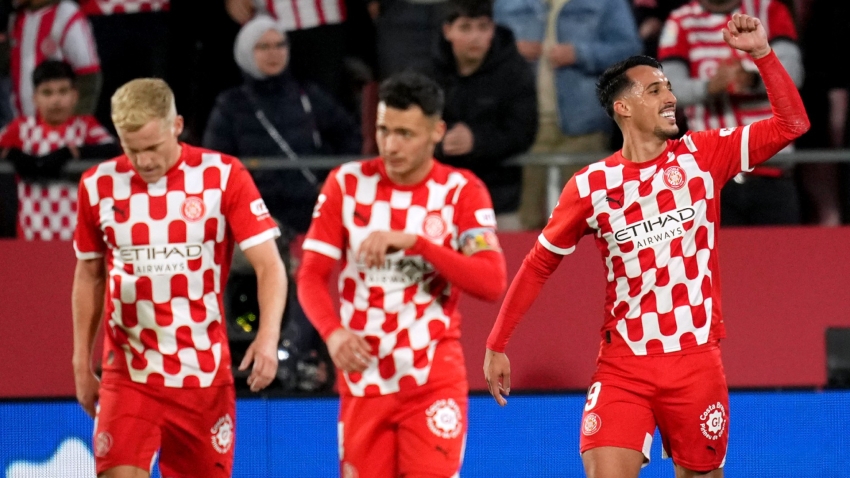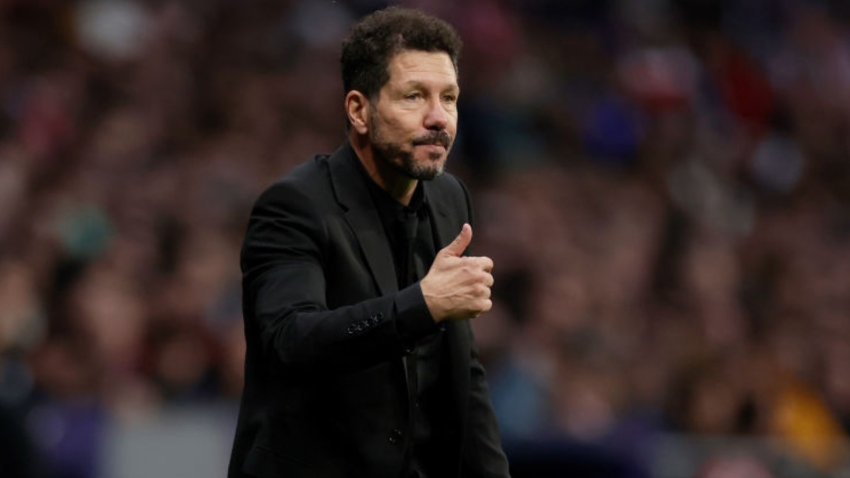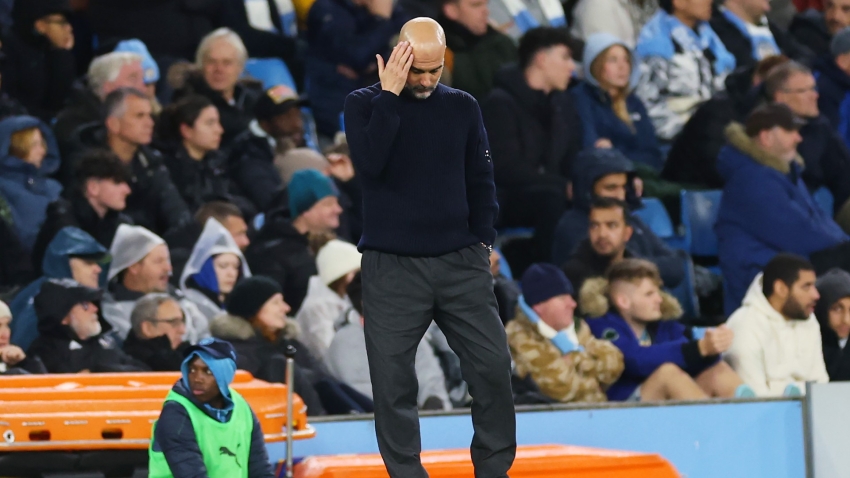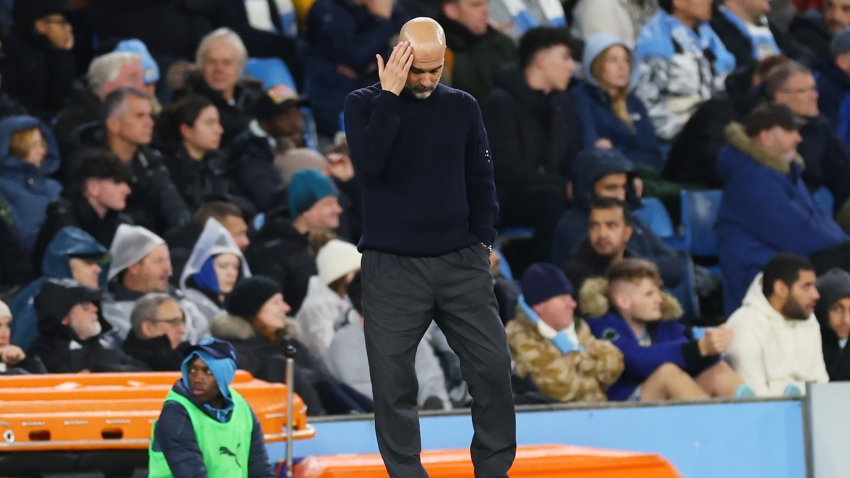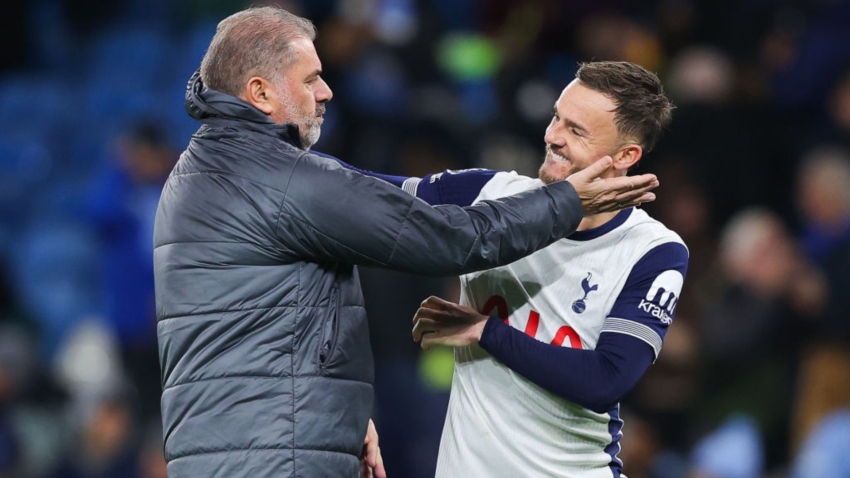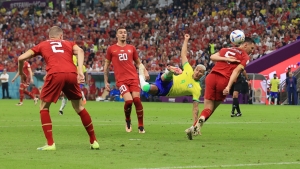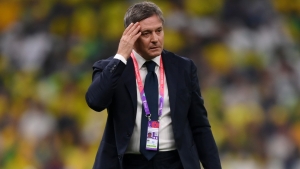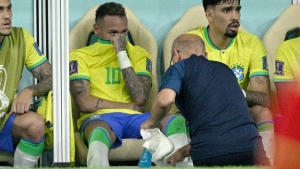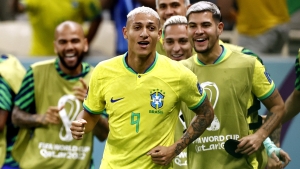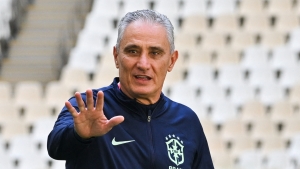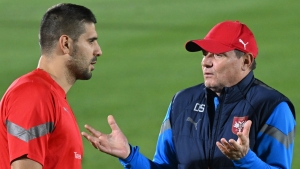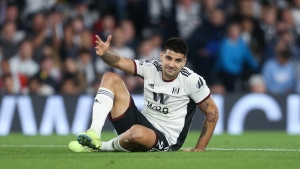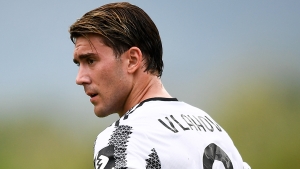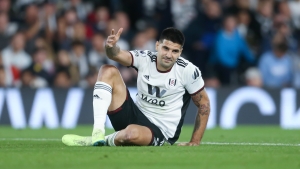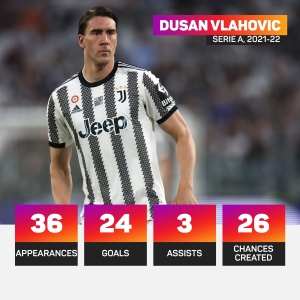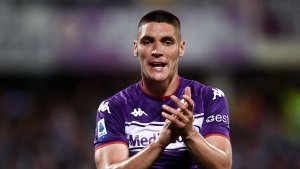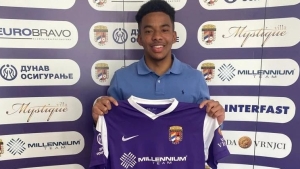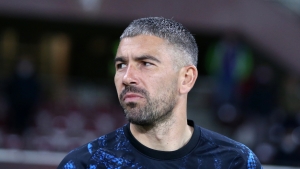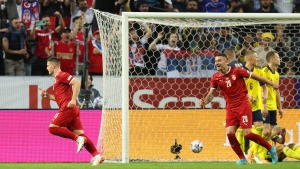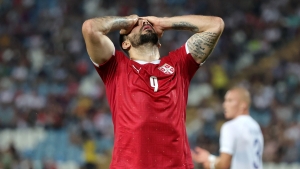Brazil begin their Qatar 2022 campaign against Serbia as tournament favourites and with high hopes, but head coach Tite accepts lessons must be learned from recent failures.
The Selecao have won a record five World Cups, though not since 2002 – when beating Germany 2-0 in the final – have they lifted the most famous trophy of them all.
Since then, Brazil have reached the semi-final only once and have suffered three quarter-final exits, including four years ago at the hands of Belgium.
But as Tite becomes the first manager to lead Brazil into successive World Cups since Tele Santana in the 1980s, the experienced coach is hopeful of a better outcome this time.
"I know more how to focus my attention now," he told The Guardian, reflecting specifically on his side's 1-1 draw with Switzerland in their opening game of Russia 2018.
"I was also naive and inexperienced. I told my players not to complain about refereeing against Switzerland because of VAR, but there was a foul on our player.
"If and when it happens again, you need to respectfully complain and speak to the referee. We did this against Ecuador that year. We have learned."
Brazil are the only team to have taken part in every single World Cup since its original edition in 1930, with this being their 22nd appearance in the global showpiece.
The South American giants are unbeaten in their past 15 group matches, winning 12, and have topped their pool in each edition since 1982.
Serbia are first up for Brazil at Lusail Stadium on Thursday in Group G, which also includes Switzerland and Cameroon.
As an independent nation, Serbia have been eliminated in the group stage in all three World Cup appearances, but they qualified this year unbeaten in their eight qualifiers.
Question marks remain over the fitness of a number of key players, such as Sasa Lukic, Filip Kostic and Aleksandar Mitrovic, with the latter having not played in nearly a month.
"I sincerely hope they will be ready," head coach Dragan Stojkovic told reporters. "But what will happen until the game, I don't know. Everything is done so that they are ready.
"Motivationally and psychologically, there are no problems. We haven't wanted to risk their fitness so far. We will do everything to ensure everyone is in gear and ready."
Brazil have won each of their two previous encounters with Serbia, including their group-stage fixture at the last World Cup when prevailing 2-0.
PLAYERS TO WATCH
Brazil - Neymar
Entering what is his third and – in his own words – possibly final World Cup, Neymar needs just three goals to surpass Pele as Brazil's all-time leading goalscorer.
While the Selecao have fallen short in his two participations, the in-form Paris Saint-Germain forward can be pleased with his own output, having scored six goals and assisted two.
In fact, since his World Cup debut on home soil in 2014, Neymar has been directly involved in 42 per cent of his side's 19 goals in the competition.
Serbia - Aleksandar Mitrovic
If Serbia are to pull off a big upset then they will need to have their star players available, not least prolific striker Mitrovic.
The Fulham man scored eight goals in eight matches on the road to Qatar – a goal tally only Memphis Depay and Harry Kane (both 12) could better in European qualifiers.
Mitrovic has also been in superb form at club level this campaign, scoring nine goals in 12 Premier League outings to sit fourth in the Golden Boot race.
PREDICTION
Serbia have lost seven of their nine World Cup games and have been handed an extremely difficult opener, but they showed in qualifying they are a tough side to beat.
Stats Perform's AI supercomputer prediction model gives Stojkovic's side a 14.3 per cent chance of defeating Brazil.
Victory for the Selecao has a 65.6 per cent chance likelihood of happening, meanwhile, and a draw is predicted at 20.1 per cent.







